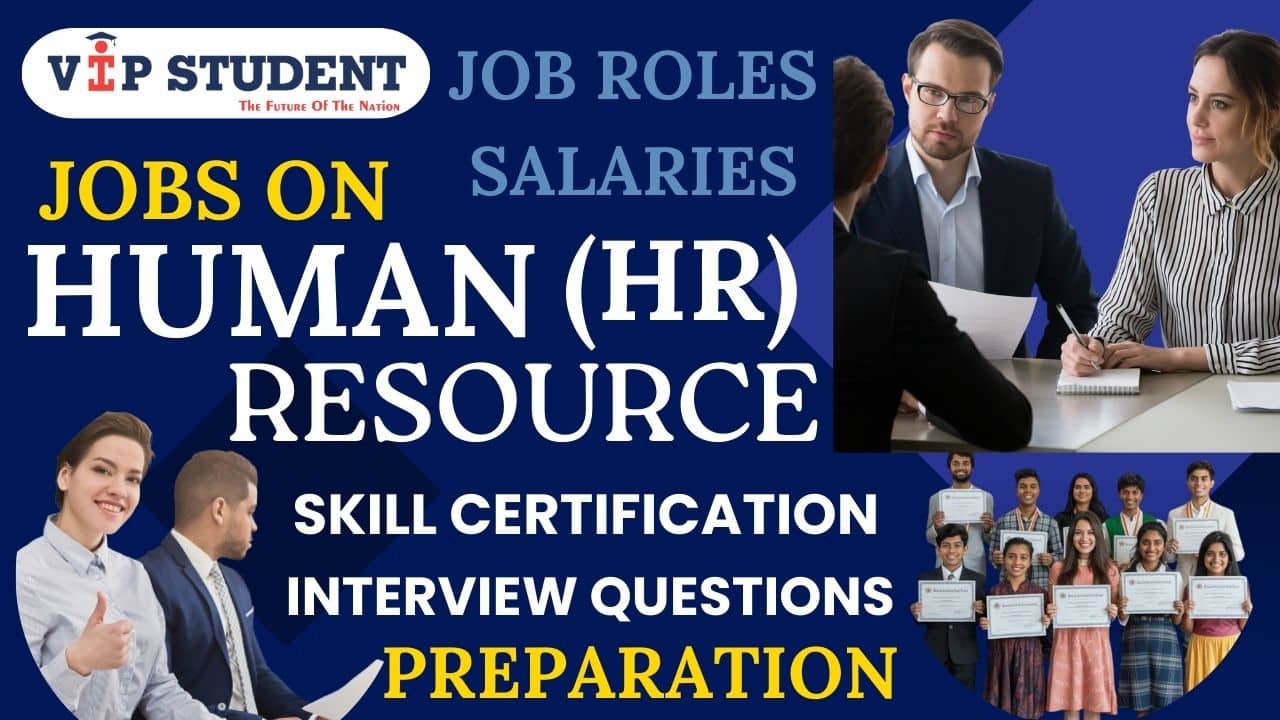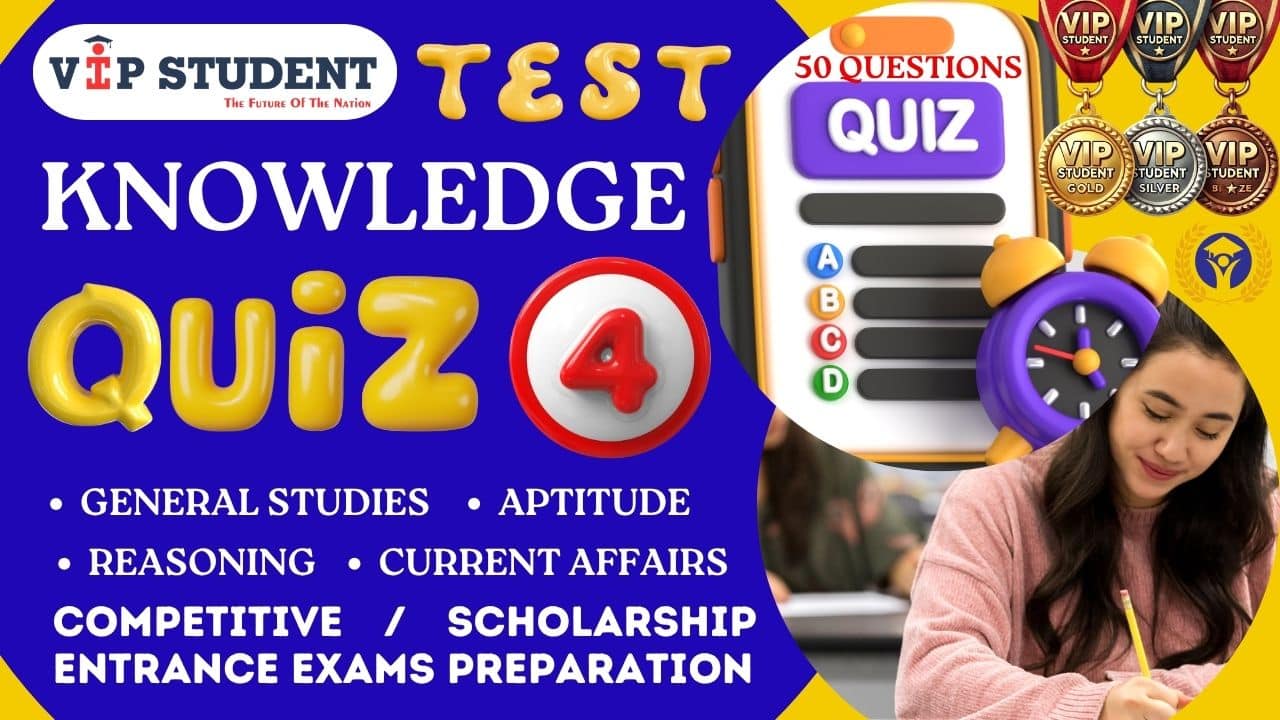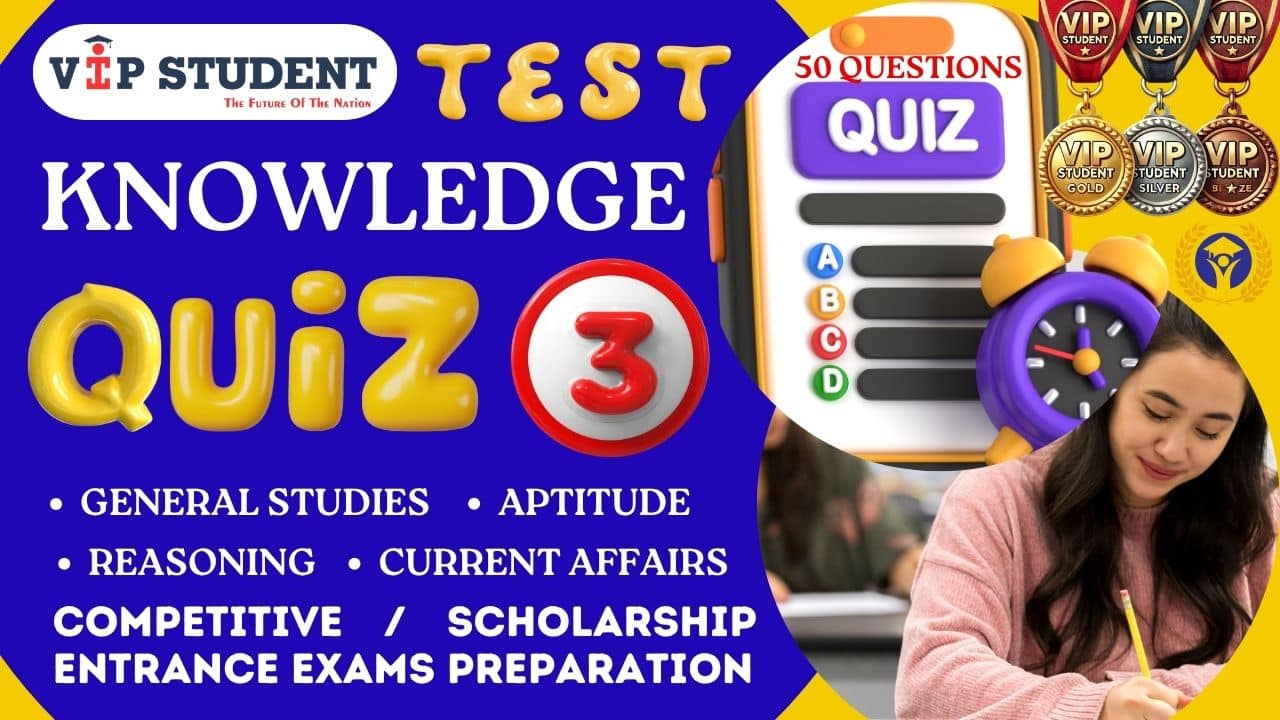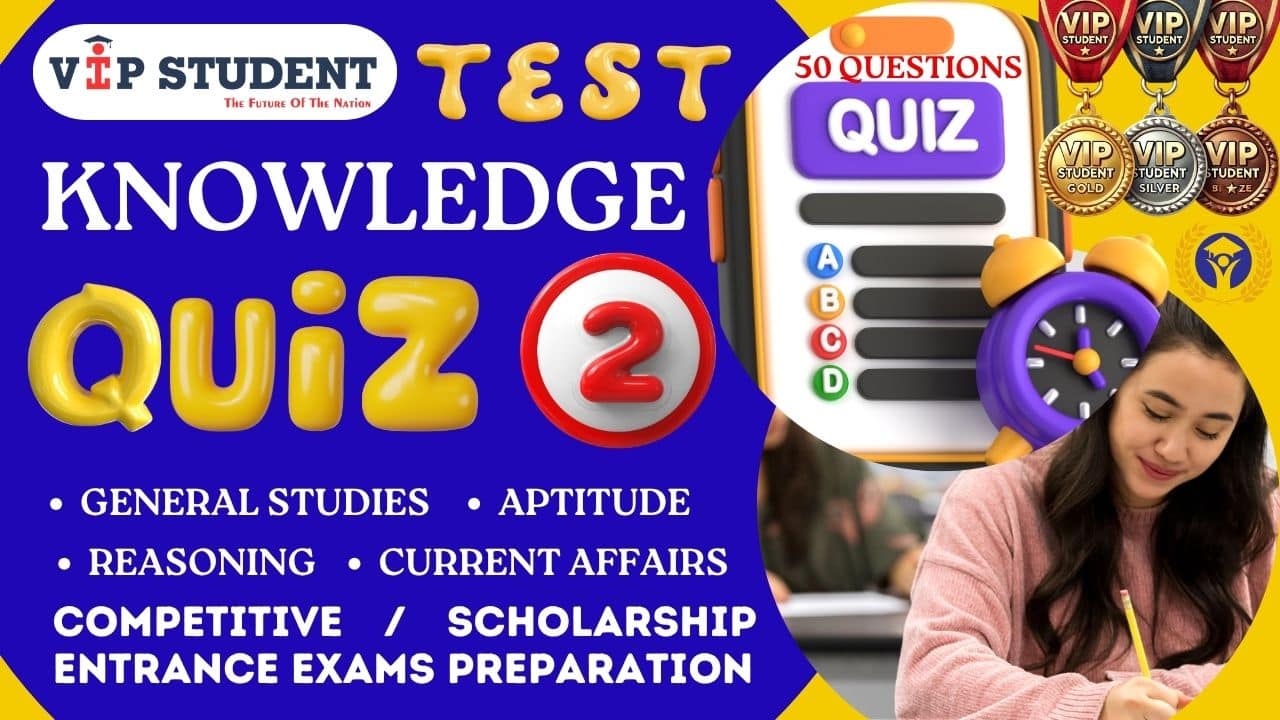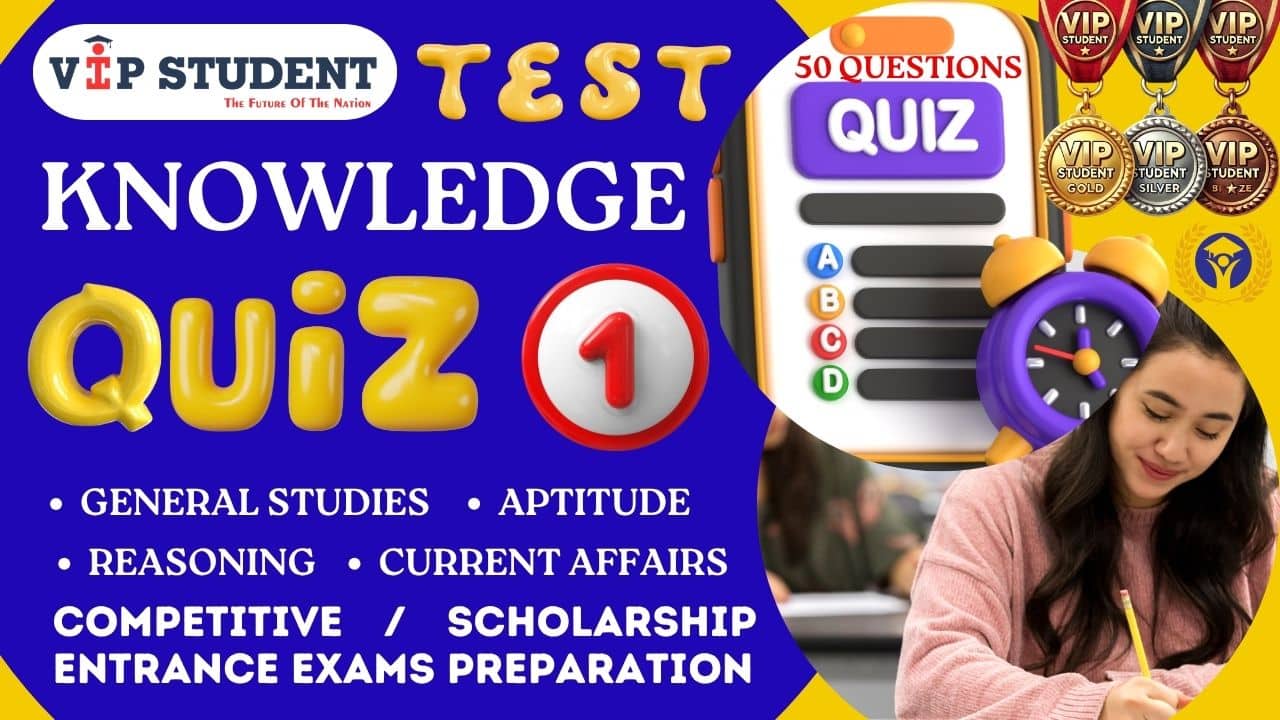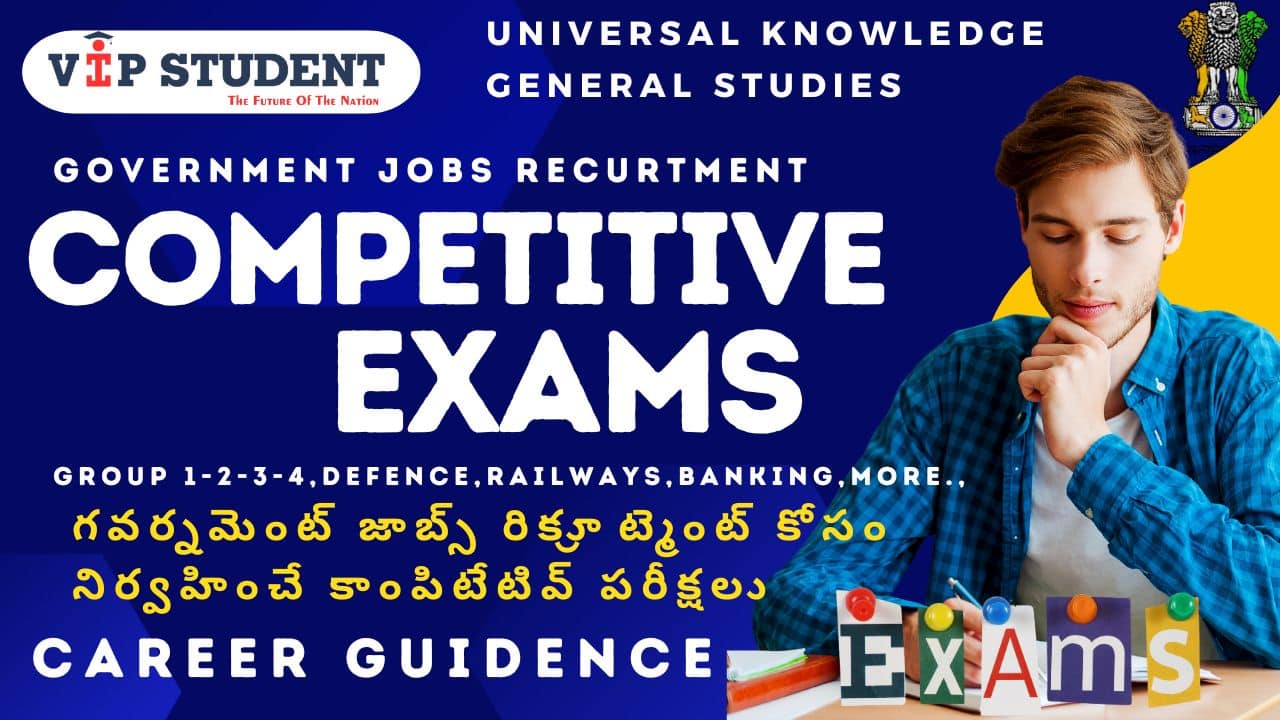LET’S KNOW ABOUT HR (HUMAN RESOURCE) JOB ROLES, REQUIRED SKILLS, SALARY PARTICULARS, PRACTICE JOB INTERVIEW QUESTIONS AND GET CERTIFIED ON HR (HUMAN RESOURCE) SKILLS
HR JOBS (HUMAN RESOURCE): Human Resources (HR) is a dynamic and integral part of every organization. In India, with the rapid growth of startups, multinational companies, and digital transformation, HR job opportunities are expanding across sectors. HR professionals are not just about hiring anymore-they are key players in shaping company culture, managing employee well-being, and driving strategic growth. Whether you’re a job seeker or a student planning your career let’s know about Marketing and Sales job roles, required skills, practice on job interview questions and get certified on your Marketing and skills.
JOBS ON HR (HUMAN RESOURCE) SKILLS AND CAREER OPPORTUNITIES
A career in Human Resources is ideal for those who enjoy working with people, solving problems, and influencing organizational success. HR roles are available in all industries including IT, healthcare, finance, manufacturing, and retail. The demand is particularly high in metropolitan cities like Bengaluru, Mumbai, Delhi, Chennai, and Hyderabad.
- Strong career growth opportunities
- Diverse job roles and responsibilities
- Ability to influence people and policies
- Competitive salaries and work-life balance
a. HR Generalist
- Handles recruitment, employee relations, training, and compliance.
- Ideal for small to medium-sized companies.
b. Recruiter / Talent Acquisition Specialist
- Focuses on sourcing, screening, interviewing, and hiring candidates.
- Works closely with hiring managers to fulfill staffing needs.
c. HR Manager
- Leads the HR department and ensures alignment with business goals.
- Manages performance appraisals, employee policies, and HR strategy.
d. Payroll and Compensation Specialist
- Manages employee salaries, bonuses, deductions, tax compliance, and benefits.
e. Learning and Development (L&D) Specialist
- Designs and implements employee training and development programs.
f. HR Business Partner (HRBP)
- Works closely with specific departments to support organizational goals.
- Acts as a consultant for people management and performance improvement.
g. Employee Relations Executive
- Handles grievances, ensures employee satisfaction, and maintains ethical practices.
h. Compliance and HR Operations Executive
- Manages labor law compliance, HR documentation, and internal audits.
i. HR Analyst
- Uses data analytics to support HR decisions related to retention, hiring, and engagement.
Required Skills for HR Jobs in India
To succeed in an HR role, candidates need a combination of soft skills, technical knowledge, and business understanding. Here are the key skills:
a. Communication Skills
- Effective verbal and written communication is crucial in HR roles.
- Helps in conducting interviews, resolving conflicts, and employee engagement.
b. Interpersonal Skills
- Building trust and maintaining healthy workplace relationships is essential.
c. Recruitment and Interviewing Skills
- Understanding of hiring methods, job portals (like Naukri, LinkedIn), and ATS (Applicant Tracking Systems).
d. Knowledge of Labour Laws
- Familiarity with Indian labor laws like PF, ESI, gratuity, maternity benefits, etc.
e. Conflict Resolution
- Ability to mediate disputes and provide fair resolutions.
f. Payroll and HRMS Tools
- Knowledge of payroll software (e.g., GreytHR, Zoho People) and HRMS platforms.
g. Data Management and Excel
- Maintaining employee records, leave tracking, and analytics using Excel and HR tools.
h. Emotional Intelligence
- Helps HR professionals manage stress and support employees empathetically.
i. Training and Development
- Skills in planning and delivering workshops and onboarding programs.
j. Ethical Judgement and Decision Making
- HR roles often require handling sensitive information responsibly.
Educational Qualifications and Certifications
A degree in the following fields is generally preferred:
- BBA or MBA in HR
- BA in Psychology or Sociology (for L&D roles)
- Postgraduate Diploma in Human Resource Management (PGDHRM)
Recommended Certifications:
- SHRM (Society for Human Resource Management)
- HRCI Certification
- Diploma in Labour Laws
- LinkedIn Learning HR courses
- SAP HR Module certification
How to Start Your HR Career
- Start with Internships: Gain experience in recruitment, payroll, or general HR tasks.
- Build Your Resume: Highlight communication, people skills, and HR-related tasks or tools.
- Master HR Software: Learn popular HR tools like SAP, Workday, BambooHR, or Zoho People.
- Stay Updated: Follow HR blogs, attend webinars, and read about new labor laws.
- Network: Join HR groups on LinkedIn or local HR communities.
Job Platforms to Find HR Jobs in India
- Naukri.com
- Indeed
- Monster India
- Shine.com
- Freshersworld (for entry-level jobs)
You can also directly apply to company career pages or approach recruitment consultancies.
Salary Trends for HR Roles in India
general SALARY PARTICULARS of HR salaries in India (may vary by company and location):
| HR Role | Average Monthly Salary |
|---|---|
| HR Intern | ₹10,000 – ₹15,000 |
| HR Executive | ₹20,000 – ₹35,000 |
| HR Generalist | ₹30,000 – ₹50,000 |
| Recruiter | ₹25,000 – ₹45,000 |
| HR Manager | ₹60,000 – ₹1,20,000 |
| HRBP / L&D Head | ₹80,000 – ₹1,50,000+ |
INTERVIEW QUESTIONS ON HR JOB ROLES
✅ General HR Interview Questions
1. Tell me about yourself.
I’m a graduate in Human Resource Management with experience in recruitment, employee engagement, and payroll. I enjoy working with people and helping organizations grow through effective HR strategies.
2. Why did you choose HR as a career?
I chose HR because it allows me to work closely with people and contribute to an organization’s culture and growth.
3. What are the key responsibilities of an HR professional?
Recruitment, onboarding, employee relations, payroll, compliance with labor laws, performance management, and training.
4. What is your greatest strength as an HR professional?
My ability to build rapport with employees and solve problems with empathy and professionalism.
5. What is your greatest weakness?
I used to over-involve myself in employee issues, but I’ve learned to set boundaries and stay solution-focused.
6. How do you stay updated with changes in labor laws?
By regularly reading HR news, government portals, and following HR communities on LinkedIn.
7. How do you handle confidential information?
By limiting access, encrypting files when necessary, and maintaining strict privacy in all discussions.
8. How do you deal with conflict between employees?
I listen to both sides, understand the root cause, and mediate a fair, respectful resolution.
9. What do you do if an employee violates a policy?
I document the incident, investigate fairly, and follow disciplinary procedures as per company policy.
10. What makes a successful onboarding process?
A structured introduction to company culture, policies, team members, and job expectations helps new employees settle in faster.
✅ Recruitment & Interviewing Interview Questions
11. How do you source candidates for a job opening?
Through job portals like Naukri, LinkedIn, employee referrals, and recruitment agencies.
12. What is your approach to screening resumes?
I match key qualifications, experience, and skills with job requirements, then shortlist suitable candidates.
13. What is ATS (Applicant Tracking System)?
It’s software used to manage recruitment workflows—posting jobs, tracking applications, and maintaining candidate databases.
14. How do you conduct interviews?
I follow a structured format with behavioral, technical, and cultural-fit questions while keeping it conversational.
15. What are some effective recruitment strategies?
Employer branding, social media hiring, internal mobility, and campus recruitment.
16. How do you handle difficult hiring managers?
By understanding their expectations, providing regular updates, and maintaining open communication.
17. What is campus recruitment?
Hiring fresh graduates directly from educational institutions through placement drives.
18. What is headhunting?
Targeting and approaching specific candidates with niche skills or experience for high-level positions.
19. How do you ensure diversity in hiring?
By eliminating bias, using structured interviews, and sourcing from diverse candidate pools.
20. How do you reduce employee turnover?
Through effective onboarding, engagement programs, feedback mechanisms, and career development opportunities.
✅ HR Operations & Administration Interview Questions
21. What are the components of a salary structure?
Basic salary, HRA, allowances, bonuses, deductions (PF, ESI, TDS), and net pay.
22. What is the role of HR in payroll management?
Ensuring accurate salary processing, statutory compliance, tax deductions, and resolving queries.
23. What is an HRMS?
Human Resource Management System—software for managing employee data, leaves, payroll, and performance.
24. What are statutory compliances in HR?
Compliance with laws like Provident Fund, ESI, Gratuity, Shops & Establishments Act, and Maternity Benefit Act.
25. How do you handle employee attendance and leave tracking?
Using attendance systems, integrating with payroll, and monitoring through HRMS platforms.
26. What is the process for issuing offer letters and appointment letters?
After selection, generate an offer letter with job terms; once accepted, issue a formal appointment letter on joining.
27. What is full and final settlement (F&F)?
It’s the process of settling dues, salary, leave encashment, and issuing relieving letters when an employee exits.
28. What is a grievance redressal process?
A formal mechanism for employees to raise complaints, which HR investigates and resolves impartially.
29. How do you handle exit interviews?
By gathering feedback professionally, analyzing trends, and identifying improvement areas.
30. What is background verification?
Checking candidate’s past employment, education, and criminal records to validate authenticity.
✅ Training, Performance & Strategy Interview Questions
31. How do you identify training needs?
Through performance reviews, skill gap analysis, feedback from managers, and business goals.
32. What is employee engagement?
It’s the emotional commitment employees have toward the organization, leading to productivity and retention.
33. How do you measure employee performance?
Using KPIs, appraisals, feedback systems, and 360-degree evaluations.
34. What is a performance improvement plan (PIP)?
A structured document and timeline for underperforming employees to improve with clear goals and support.
35. What is succession planning?
Preparing high-potential employees to fill future leadership roles through mentoring and training.
36. How do you conduct an appraisal process?
By setting clear goals, collecting manager reviews, and using performance metrics to assign ratings and increments.
37. What are employee retention strategies?
Career development, fair compensation, recognition, and a positive work culture.
38. What are soft skills training programs?
Training on communication, teamwork, time management, and leadership.
39. What’s the role of HR in business strategy?
Aligning workforce planning, talent development, and culture with business goals.
40. What is OKR and how is it used in HR?
Objectives and Key Results—a goal-setting framework used to align and track HR and business outcomes.
✅ Behavioral & Situational Questions Interview Questions
41. Describe a time you handled a challenging HR issue.
An employee had frequent absenteeism. I investigated, learned about personal issues, and arranged flexibility, which improved attendance.
42. How do you prioritize tasks in a busy HR department?
By using a task tracker, addressing urgent issues first, and communicating timelines clearly with stakeholders.
43. How do you handle pressure during mass recruitment?
By planning well, collaborating with hiring teams, and automating repetitive tasks using HR tools.
44. Describe your ideal HR team.
Collaborative, empathetic, process-driven, and aligned with company values.
45. What do you do if an employee accuses their manager of harassment?
I follow the POSH (Prevention of Sexual Harassment) policy, initiate an inquiry, and ensure confidentiality and fairness.
✅ Knowledge-Based Questions Interview Questions
46. What is the Shops and Establishments Act?
A state-specific law regulating working hours, leave, and employment conditions in shops/offices.
47. What is the difference between HR Generalist and HR Specialist?
A generalist handles multiple HR functions; a specialist focuses on a specific area like recruitment or L&D.
48. What is ESI and when is it applicable?
Employee State Insurance is applicable to employees earning ≤ ₹21,000/month, providing health benefits.
49. What is gratuity and who is eligible?
A retirement benefit paid after 5+ years of continuous service as per the Payment of Gratuity Act.
50. What are the latest HR trends in India?
Hybrid work models, HR analytics, AI in hiring, employee wellness programs, and DEI (Diversity, Equity, Inclusion) initiatives.
✅ Practical HR JOBS Interview Questions and Answers
1. How do you prepare a job description before posting a vacancy?
I analyze the role’s requirements with the department head, define responsibilities, qualifications, experience, and soft skills, then format it clearly for posting on job portals.
2. How do you screen resumes effectively?
I filter based on key skills, experience, education, and role match. I also check for stability, career progression, and alignment with job criteria.
3. What steps do you follow during the onboarding process?
I prepare the joining kit, explain company policies, introduce the new hire to the team, assign induction tasks, and collect documents for HRMS entry.
4. How do you calculate a full and final settlement (F&F)?
I calculate earned salary, leave encashment, bonus, and deduct PF, tax, or any notice period dues, then issue the F&F statement for approval.
5. How do you handle an employee grievance?
I document the complaint, speak with both parties involved, investigate facts, and offer a resolution while maintaining neutrality and confidentiality.
6. How do you maintain employee attendance records?
I use biometric systems integrated with HRMS to track daily attendance and prepare monthly reports for payroll processing.
7. What would you do if a candidate doesn’t show up after accepting the offer?
I contact the candidate for clarification. If confirmed absent, I reinitiate the hiring process using backup profiles or repost the job.
8. How do you calculate leave encashment during exit?
I multiply the remaining paid leave days with the per-day basic salary and add the amount to the final settlement.
9. How do you manage payroll errors reported by employees?
I verify the claim, cross-check salary slips and calculations, fix errors in the system, and coordinate with the finance team to resolve it.
10. How do you handle a sudden resignation from a key employee?
I conduct an exit interview, attempt retention if needed, inform relevant departments, and start immediate hiring or role transition.
11. How do you ensure statutory compliance in HR?
By regularly updating employee PF/ESI details, filing returns, and ensuring adherence to laws like Shops Act, Maternity Benefit Act, and Minimum Wages Act.
12. What documents do you collect during the joining process?
PAN card, Aadhaar, educational certificates, past experience letters, bank details, photo, and signed forms like PF/ESI declaration.
13. How do you prepare a salary slip?
Using HRMS or Excel, I list earnings (basic, HRA, allowances), deductions (PF, TDS, ESI), and net pay, then share it in PDF format monthly.
14. How do you handle absenteeism issues?
I first communicate with the employee to understand the cause, warn if patterns continue, and escalate to higher management if needed.
15. How do you set KRAs (Key Result Areas) for a new role?
I coordinate with the reporting manager to define measurable goals aligned with business targets and document them clearly during onboarding.
16. How do you process an employee’s resignation?
I confirm acceptance in writing, collect handover details, initiate clearance from departments, calculate F&F, and issue experience and relieving letters.
17. What steps do you take to ensure data confidentiality in HR?
I restrict access to sensitive files, password-protect documents, avoid sharing information via open channels, and follow company data policies.
18. How do you manage employee data in Excel?
I maintain master sheets with employee ID, name, contact, designation, and salary, using formulas, filters, and pivot tables for reports.
19. How do you organize training sessions?
I coordinate with trainers, set dates, prepare attendance lists, communicate with participants, collect feedback, and track post-training outcomes.
20. What do you do when an employee frequently comes late?
I speak with the employee to understand the reason, issue a warning if needed, and track attendance for future patterns.
21. How do you issue an offer letter to a selected candidate?
I prepare the letter with role, CTC, joining date, and terms, get it approved, and send a soft copy for acceptance.
22. How do you update employee information in HRMS?
I log in to the system, navigate to the employee profile, update new information (address, bank, etc.), and save changes with manager approval.
23. How do you calculate Provident Fund contributions?
I apply 12% of basic salary for both employer and employee contribution as per EPFO guidelines.
24. How do you conduct an exit interview?
I schedule a one-on-one session, ask open-ended questions about the work experience, note suggestions or concerns, and share feedback with management.
25. What steps do you take after an employee completes probation?
I request the manager’s feedback, conduct a performance review, issue a confirmation letter, and update the status in the employee database.
GENERAL JOB INTERVIEW QUESTIONS AND SAMPLE ANSWERS
1. Tell me about yourself.
General Answer:
you have to tell about your self minimum 3 to 5 minits – Tell about your personal details like your name , parents and siblings and what they do , your location and its famous for, your acadamics like your school name, college name and mention marks you are obtained in 10th class, intermediate, graduation, post graduation (as per your education) and your school or college known for, your certification cources, your projects, your achivements , your tallents, your hobbies and skills you are good at like communication, problem-solving, and teamwork.
And conclude with “I’m looking forward to contributing my skills and strengths to a great/new organization while continuing to learn new skills and to develope my strengths.”
2. What are your strengths?
General Answer:
“My strengths include being organized, reliable, and a quick learner. I’m also good at working with others and staying calm under pressure.”
3. What is your greatest weakness?
General Answer:
“Sometimes I focus too much on details because I want everything to be perfect. However, I’ve been working on managing my time better and knowing when to move on to the next task.”
4. Why do you want to work here?
General Answer:
“I’ve heard positive things about the company’s culture and growth opportunities. I’m excited about the chance to work in an environment that values learning and teamwork.”
5. Why should we hire you?
General Answer:
“I believe I can bring value through my work ethic, adaptability, and eagerness to learn. I’m confident I can quickly become a productive member of your team.”
6. Where do you see yourself in 5 years?
General Answer:
“In five years, I hope to be in a position where I’ve gained more experience, taken on new challenges, and grown professionally within the company.”
7. Describe a challenge you’ve faced and how you handled it.
General Answer:
“I faced a situation where deadlines were tight and priorities were shifting. I stayed focused, managed my time well, and communicated clearly with my team, which helped us complete the project successfully.”
8. How do you handle stress and pressure?
General Answer:
“I try to stay calm and focused by organizing my tasks and taking short breaks when needed. I also talk to teammates or supervisors if I need support.”
9. Do you prefer to work independently or in a team?
General Answer:
“I’m comfortable with both. I enjoy collaborating and learning from others, but I can also stay focused and productive when working on my own.”
10. Do you have any questions for us?
General Answer:
“Yes, I’d like to know more about the daily responsibilities of the role and what the team culture is like.”
GET CERTIFIED ON YOUR HR (Human Resource) SKILLS AND KNOWLEDGE
JOBS ON HR (HUMAN RESOURCE) SKILLS – Conclusion
HR is a rewarding career for individuals who are passionate about people management, organizational development, and problem-solving. With the right mix of education, skills, and practical experience, anyone can build a successful HR career in India. Whether you’re a fresher or looking to switch careers, now is a great time to explore the HR field.
we hope these HR (Human Resource) jobs interview questions are helpfull to you.Preparing for a job interview can feel overwhelming, but having thoughtful answers to common questions can make a big difference. The key is to stay confident, be honest, and tailor your responses to reflect your real experiences and goals. Use the questions and sample answers above as a guide, but remember to make them your own.
